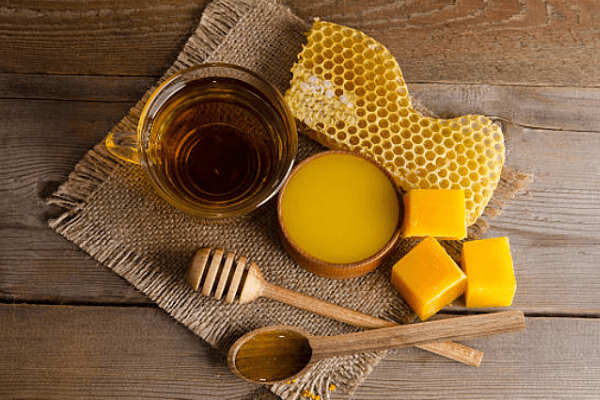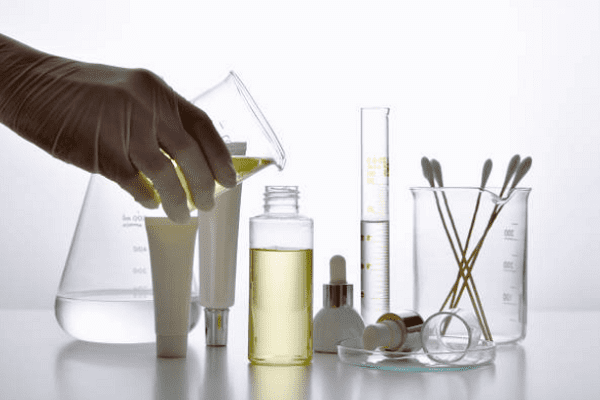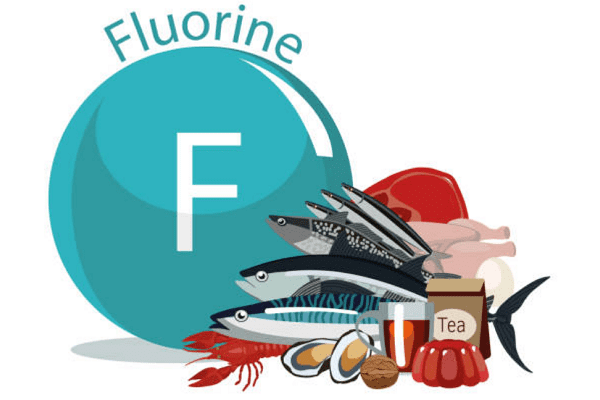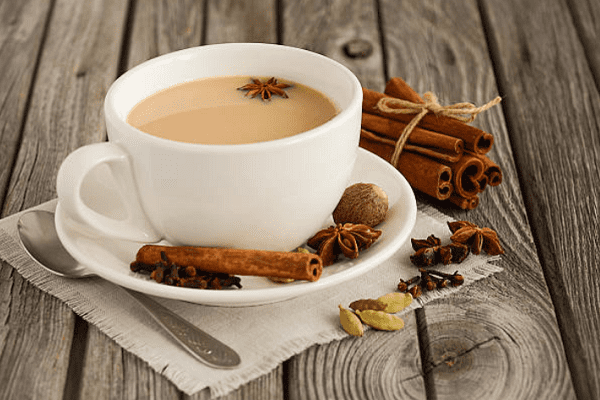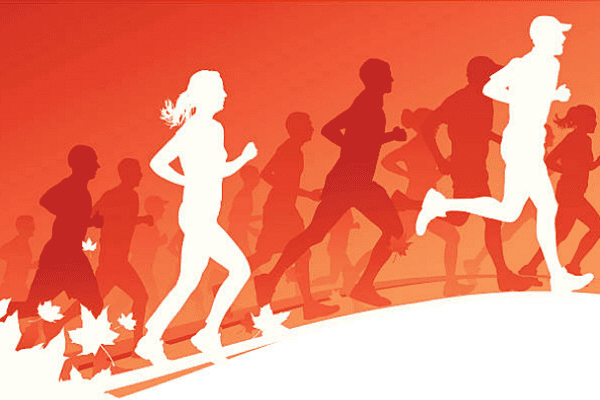Phytotherapy >>>> Adaptogens are stimulants from the plant world
Adaptogens are stimulants from the plant world.
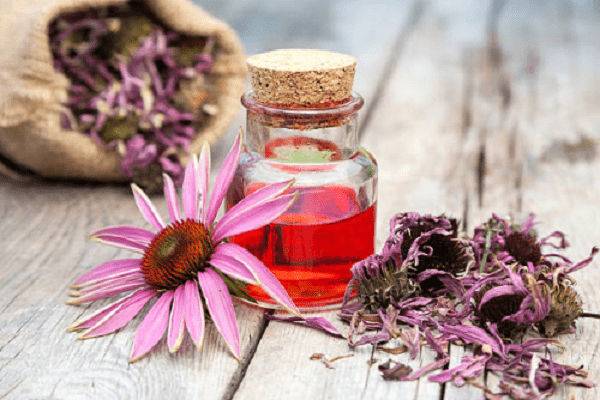
In the world of medicinal plants there are several plants that mimic the work of cellular immunity and neurostimulants. These plants in a certain way affect the work of the central nervous system, regulate metabolic processes, increase the adaptive capabilities of the body, that is, in one word, they have a tonic effect on the body as a whole. A group of such plants is called "adaptogens".
The biochemical effect of adaptogens on the human body has not yet been sufficiently studied, but some of the subtleties of their action have been investigated. In particular, data were obtained that adaptogens affect the neurotransmitters of the brain (in particular, gamma-aminobutyric acid, which plays an important role in the adaptive reactions of the brain and inhibits overexcitation processes when the anti-stress systems of the body are turned on), and also activate the emergency synthesis of RNA and protein structures under stress to compensate and restore metabolic processes.
All plants of the group of adaptogens, in addition to their advantages (a surge of energy, a feeling of vigor and emotional uplift, an immunostimulating effect), also have disadvantages that determine a set of contraindications to their use. These plants can increase blood pressure, cause insomnia, irritability, aggressiveness; reduce the effect of hypnotics and sedatives; enhance the effect of caffeine; can cause allergic reactions to plant components, as well as diarrhea. When they are taken, edema is possible, since adaptogens tend to retain fluid in the body. Some plant adaptogens are contraindicated for people over 50 years old, as well as those with a history of hypertension, convulsive syndromes, and heart rhythm disturbances .Alcohol tinctures are contraindicated in people with kidney and liver disease. Plants - adaptogens are not taken at night, do not use for a long time.
Usually they turn to adaptogenic plants when they want to spur the body up a little: to add strength to it during the period of respiratory diseases, to increase efficiency, to extinguish the stress state, to reduce fatigue.
Plant adaptogens include:
- Echinacea purpurea (aerial part of the plant)
- eleutherococcus spiny (root)
- Panax ginseng (root)
- Chinese lemongrass (fruits and seeds)
- aralia manchurian (leaves, bark, roots)
- lure high (root)
- Leuzea safflower (root)
- rhodiola rosea (root)
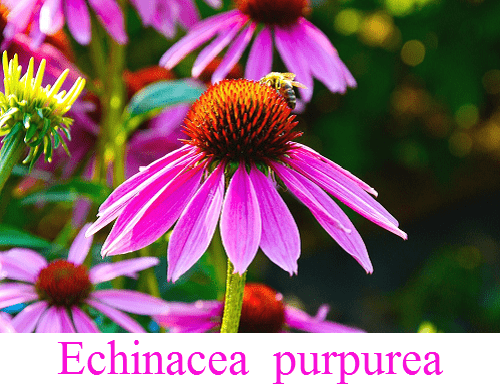
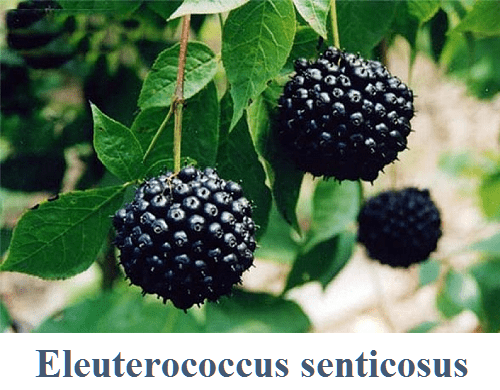
Echinacea purpurea is perhaps the only adaptogen plant that is used externally and for oral administration. Teas, decoctions, extracts are made from it. The pharmaceutical industry produces echinacea in the form of aqueous - alcoholic extracts, tablets, packaged. When using echinacea, allergic reactions (in particular urticaria), increased pressure, and dizziness are possible. It is believed that this plant is able to spur the work of immune agents of cellular immunity. Study of lectins contained in echinacea inflorescences and drew attention to the reaction of erythrocytes (especially the third blood group) of a person to these lectins. But there are many conflicting studies and opinions on this score. Usually, echinacea tincture is used internally as part of complex therapy for colds or infections of the skin and mucous membranes for irrigation, rinsing, lotions, compresses.
Eleutherococcus prickly (Eleuterococcus senticosus) is used in the form of extracts produced by the pharmaceutical industry. Usually on sale there is a water-alcohol solution or alcohol extract from the roots in a 1: 1 ratio of alcohol and raw materials. It is used as a tonic for asthenic syndrome, increased sleepiness, exhaustion of the nervous system.
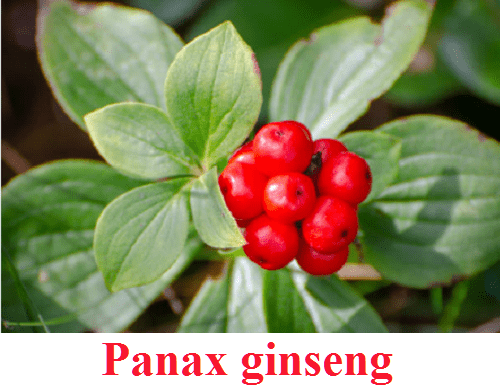
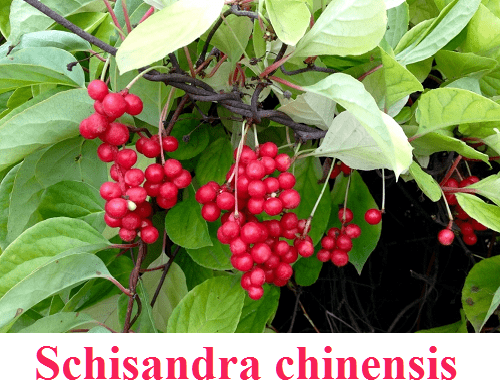
Panax Ginseng is available in the form of herbal raw materials, tinctures, elixir, capsules, tablets. It has a tonic effect . Increases blood pressure with hypotension, relieves nervous tension. In addition to the usual contraindications described above, it tends to increase bleeding, which is dangerous for stomach and duodenal ulcers, unhealed wounds. Counteracts barbiturates, tranquilizers and antiepileptic drugs.
Schisandra chinensis is available in the form of seed tinctures to increase the tone of the nervous system and stimulate the heart. Plant extracts of Schisandra chinensis are used for asthenia and vegetative-vascular dystonia of the hypotonic type. Contraindicated in epilepsy and convulsive syndromes, hypertension, sleep disorders.
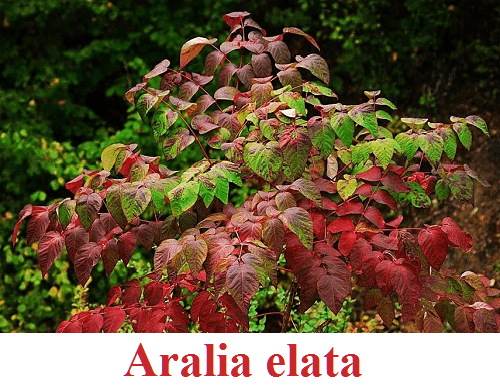
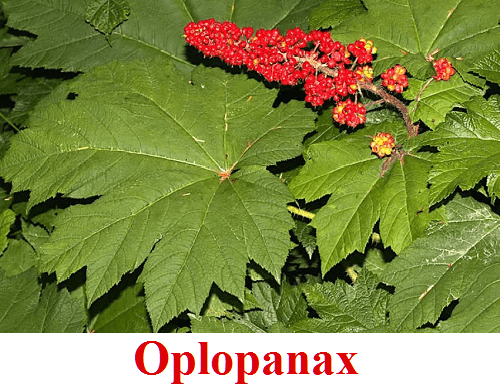
Aralia elata is produced in the form of tinctures, dry raw materials. It is indicated for hypotension and asthenic syndrome. The general tonic effect is stronger than that of ginseng.
Oplopanax is similar in pharmaceutical effect to ginseng, has a stimulating effect on the nervous system, increases blood pressure , and reduces drowsiness. Raw materials are sold in pharmacies, and picking the plant for self-preparation is prohibited, since it is listed in the Red Book.
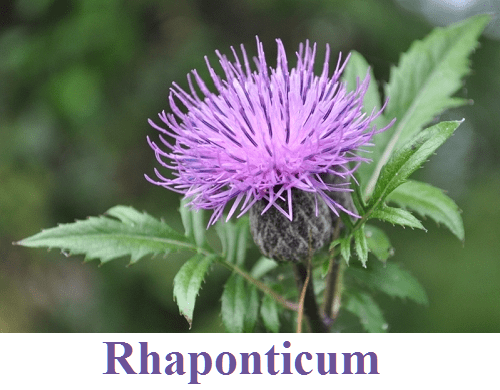
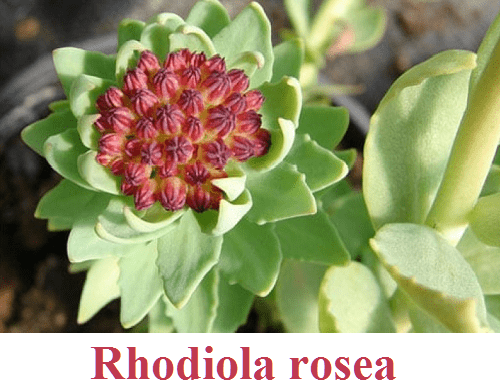
Rhaponticum is sold in pharmacies in the form of plant materials and liquid extracts. This plant has a tonic effect, tones up, reduces drowsiness, increases blood pressure.
Rhodiola rosea is produced by the pharmaceutical industry in the form of dry raw materials, liquid extracts. Stimulates the work of the central nervous system, reduces symptoms of vegetative-vascular disorders, increases efficiency. Contraindicated for hypertensive patients, pregnant women, patients with epilepsy.
How to make an alcoholic tincture from a plant at home.
The part of the plant that is usually used as a medicine is finely chopped. Two tablespoons are poured with 500 ml of vodka or a glass of alcohol (200 ml) (of course, not technical, but food - 70-96%). The dish for tincture is hermetically sealed to prevent the alcohol from escaping, and placed in a dark, cool place for a month. After a month, the contents are filtered through a fine sieve or cheesecloth folded in several layers. Alcoholic tincture (or tincture on vodka) is diluted with water in the required proportions (from 5% to 80%) before use to obtain a water-alcohol solution and drunk according to the schemes of identical pharmaceutical preparations.
To calculate the exact concentration of a medicinal plant in a tincture, it is necessary to weigh the amount of raw materials before preparing the infusion, and after filtering the infusion, dry and weigh the rest of the raw materials. The difference in the figures obtained will be the amount of plant matter remaining in the infusion.

Read

Read






